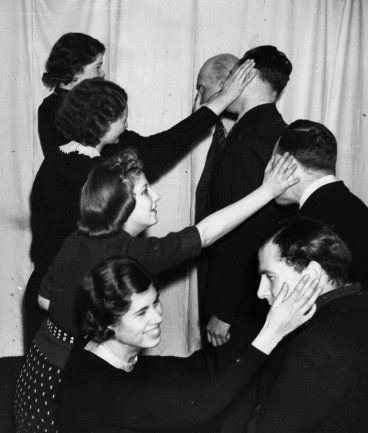 After some rather lacklustre previous 'races of the Christmas Top Spot!' (Mr Blobby you belong in 1990s the-worst-of listings) it was nice to revel in the mounting workings of S.Cowell social media enterprise. XFactor: Slick in its production and promotion of 'that (nice) boy Joe' who sang about something to climb. Well he sang some other person's song about climbing. Everest this was not. Pulsing with Rage, 90s band Rage Against the Machine proved that with a little social media it's easy to be Killing In The Name - the name in this case being Mr Cowell, or so Christmas consumer's were led to believe.
After some rather lacklustre previous 'races of the Christmas Top Spot!' (Mr Blobby you belong in 1990s the-worst-of listings) it was nice to revel in the mounting workings of S.Cowell social media enterprise. XFactor: Slick in its production and promotion of 'that (nice) boy Joe' who sang about something to climb. Well he sang some other person's song about climbing. Everest this was not. Pulsing with Rage, 90s band Rage Against the Machine proved that with a little social media it's easy to be Killing In The Name - the name in this case being Mr Cowell, or so Christmas consumer's were led to believe.Killing In The Name started life as the Facebook Group Rage Against the Machine for Christmas No.1 pushed by Jon Morter and Tracy Morter. The group SHOUTED! that we've had enough of a dull Christmas chart every year! Oh, yeah bring back the Spice Girls.
Impressive in numbers terms, the group has attracted more than 450,000 members (2 percent of the U.K. Facebook population) in the two weeks of its existence and it is UK's most trafficked and historic facebook group... Most Facebook Groups struggle to get past 5,ooo members.
Back to social media, Killing In The Name has become the first song to achieve the Christmas no.1 position through downloads only and has Achieved the biggest one-week download sales in UK chart history. Not bad for some quick fingered campaigning via Facebook.
 BUT Cowell is not defeated. Killing In The Name could be a sneaky PR backfoot. Joe and the Rage are both held under Simon's Sony deal. So placed at no.1 and no.2 the man's making money. Ker-ching! It must be comforting that the man can hear this in Barbados.
BUT Cowell is not defeated. Killing In The Name could be a sneaky PR backfoot. Joe and the Rage are both held under Simon's Sony deal. So placed at no.1 and no.2 the man's making money. Ker-ching! It must be comforting that the man can hear this in Barbados.
So is this consumer POWER and from the people action, in action?!... Perhaps no. For Cowell this is win, win. For rest of us, proof that advertising works. As consumers we follow the leaders, whether they be the Joe's, or the Machine's of the world. As Coles points out for WalletPop, while there is much to be enjoyed about this victory - most notably the fact it raised £65,000 for housing charity Shelter - this is a far cry from consumer power in action.
To return briefly to the social media side of things, 'that (nice) boy Joe's' Official XFactor Facebook Fan Page has, as of this week, been taken down. This is well timed, as according to Henry, for the Huffington Post, McElderry was deluged with a slew of rub-it-in-your-face comments, "I've just read that British Airways are after cabin crew, Joe," mocks one 'fan', another recommends that, "the list of future employment options are.. Tescos, Burger King and now B.A."
Ouch. Wonder what Joe's Twitter feed says... 'I must not make crap Christmas songs'



































